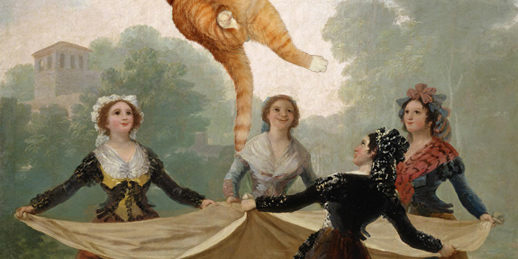Here is a very interesting, short video lecture by Danilo Venturi of the Italian fashion school Polimoda (https://www.businessoffashion.com/articles/education/polimoda-lecture-three-branding-the-subconscious?utm_source=Subscribers&utm_campaign=68d172373f-what-makes-a-great-fashion-ceo-anne-chapelle-reboo&utm_medium=email&utm_term=0_d2191372b3-68d172373f-417297929).
Contrary to H&M’s move to tribalism, niche, and fragmentation (see my previous post), Venturi argues that there are eight archetypes lodged in the unconscious to which fashion should appeal. Not only will this make for good business, Venturi argues, but it secures internationalism, unifying and consolidating peoples. A company might focus on the Warrior or Mother, for example, and find markets equally in Australia and Bolivia. The archetypes structuring the unconscious are global.
The theory surely owes much to psychoanalyst Carl Jung, and funnily enough finds an echo in the seven gods of Game of Thrones.

Jacques Lacan thinks this theory of the unconscious wrong. To decide between Lacan and Jung one would need to see how each derived their accounts from psycho-analytic experience and then assess in light of metaphysics which had more coherence. However, Lacan thinks the unconscious is not imagistic but linguistic, identities extraordinarily varied because structured through metonymy and metaphor. If you think of the millions of books there are you get a sense of how varied and individuated persons’ identities can be.
It would be extremely interesting to think through a Lacanian marketing strategy!
I also like Venturi’s idea of a psycho-geography (the writing in this piece is overly intellectual but certainly interesting: http://www.polimodamag.com/fashion-education-city/).
Here is his archetype map: http://fashionaccelerator.dk/file/127681/arketype.pdf
The map is pretty cool but the idea is that your products embed deep in the customers’ psyches because you are actually teasing out their deepest identities. The business strategy depends on the unconscious truly being populated by archetypes. It is far from clear this is true and would require substantial argument to show it is correct. At a minimum this would require putting Jung and Lacan into debate. Venturi might have done this: I will try to get his book and perhaps will revisit his interesting ideas.






